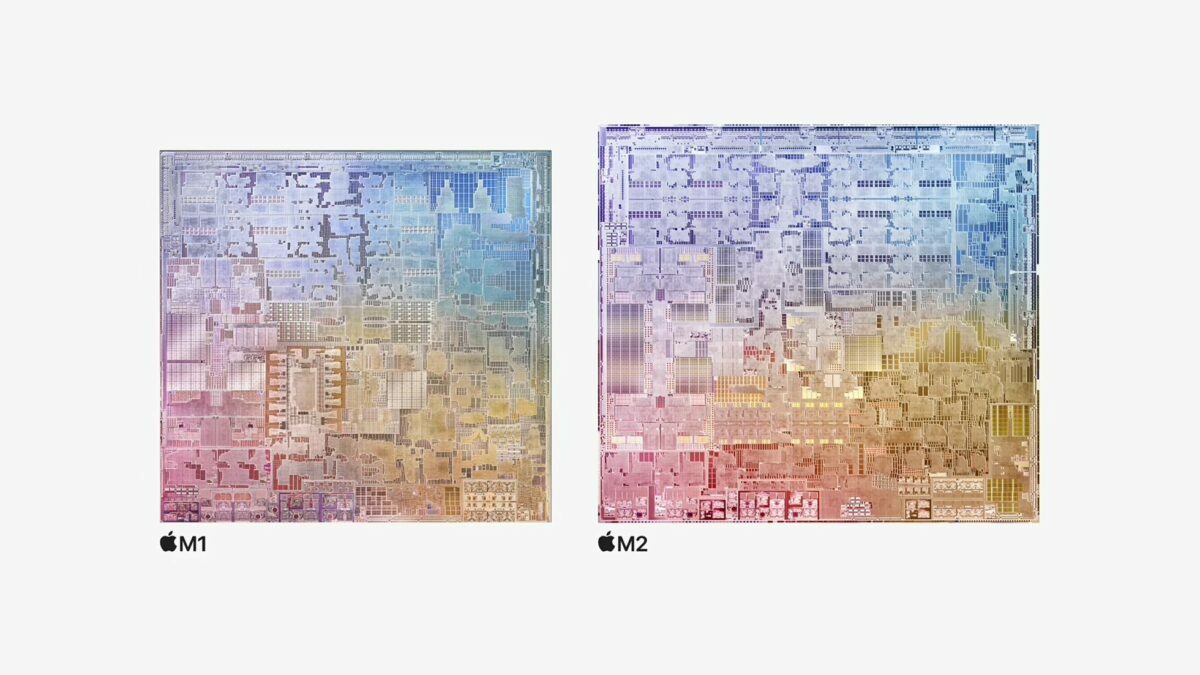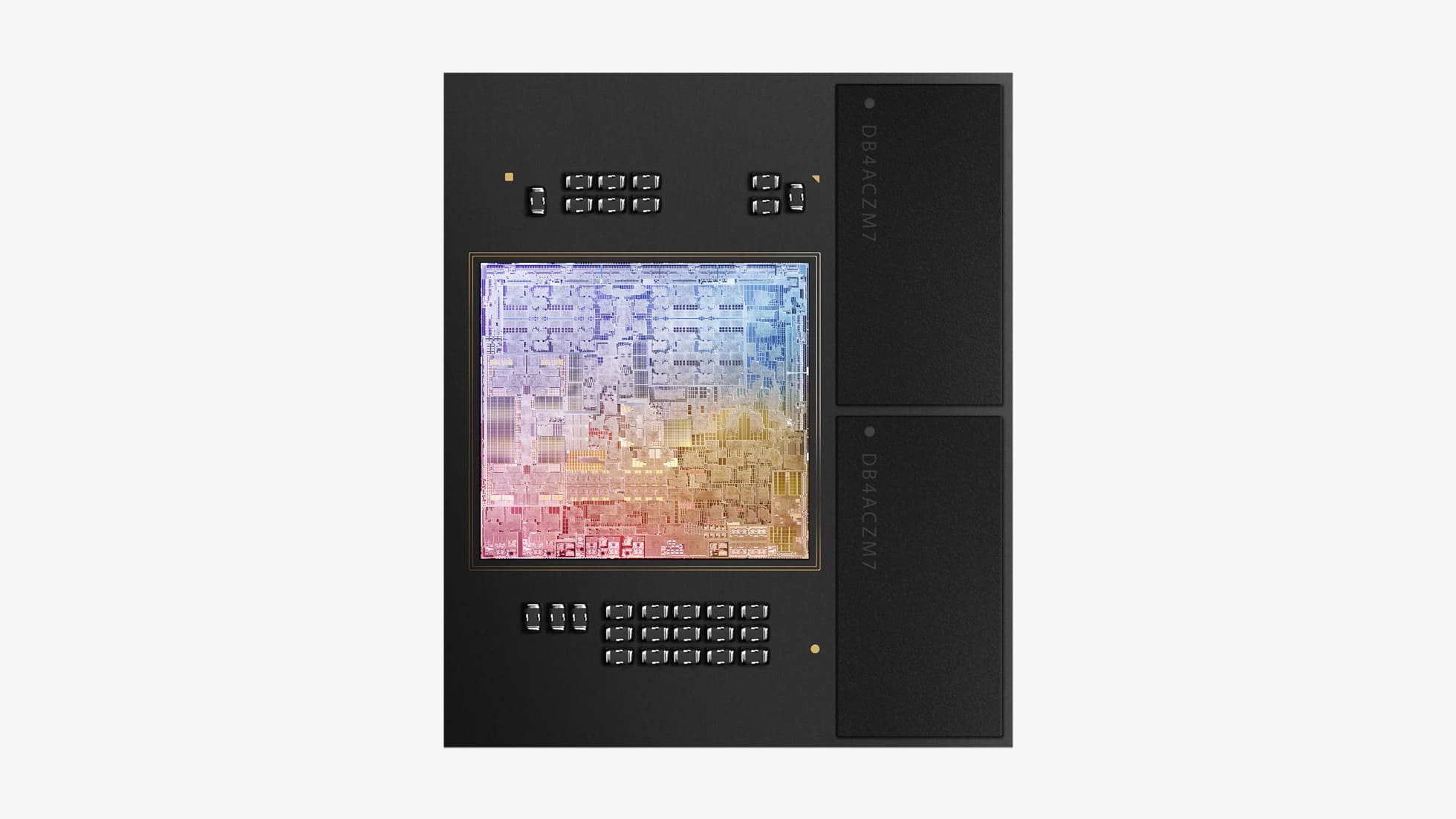In recent years, Apple has made impressive strides with its Mac lineup by transitioning to custom silicon based on ARM architecture. Now, it appears that Microsoft is gearing up to follow suit with its own custom ARM chips and is preparing for the release of Windows 12, which may be optimized for this new hardware.

Microsoft’s push for custom ARM chips signals a new era for Windows and competition with Apple
According to recent job listings (via Windows Latest), Microsoft is seeking professionals to join its “Microsoft Silicon Team” and work on developing custom SoC silicon architectures and features. This move shows that Microsoft is serious about catching up with Apple and is investing in custom silicon to achieve this goal.
With Windows 12 expected to be released in 2024, Microsoft is likely aiming to optimize this major update for its custom ARM chips. The modular and customizable nature of the Windows Core project, of which Windows 12 is believed to be a part, could also benefit from the integration of in-house ARM chips.
One area where Microsoft’s in-house ARM chips could shine is in the realm of AI. With Windows 12 reportedly featuring a variety of AI features, optimized hardware, and software experiences could be offered to users. Microsoft could leverage its expertise in AI to create a compelling proposition for customers.

The question remains: can Microsoft catch up with Apple when it comes to custom silicon? Apple’s head start in this area is undeniable, but Microsoft has significant resources and expertise to draw upon. With a renewed focus on hardware and a modular approach to software, Microsoft could be poised to make some big strides in the near future.
One potential challenge for Microsoft is the existing ecosystem of Windows applications that may not be optimized for ARM architecture. Apple faced a similar challenge when transitioning to custom silicon, but has made significant progress in this area through the use of Rosetta 2, which allows legacy applications to run on the new hardware.
Ultimately, the success of Microsoft’s custom ARM chips will depend on a variety of factors, including the capabilities of the hardware and the availability of software optimized for this architecture. However, with a renewed focus on hardware and software integration, Microsoft could be well-positioned to compete with Apple in this area in the coming years.